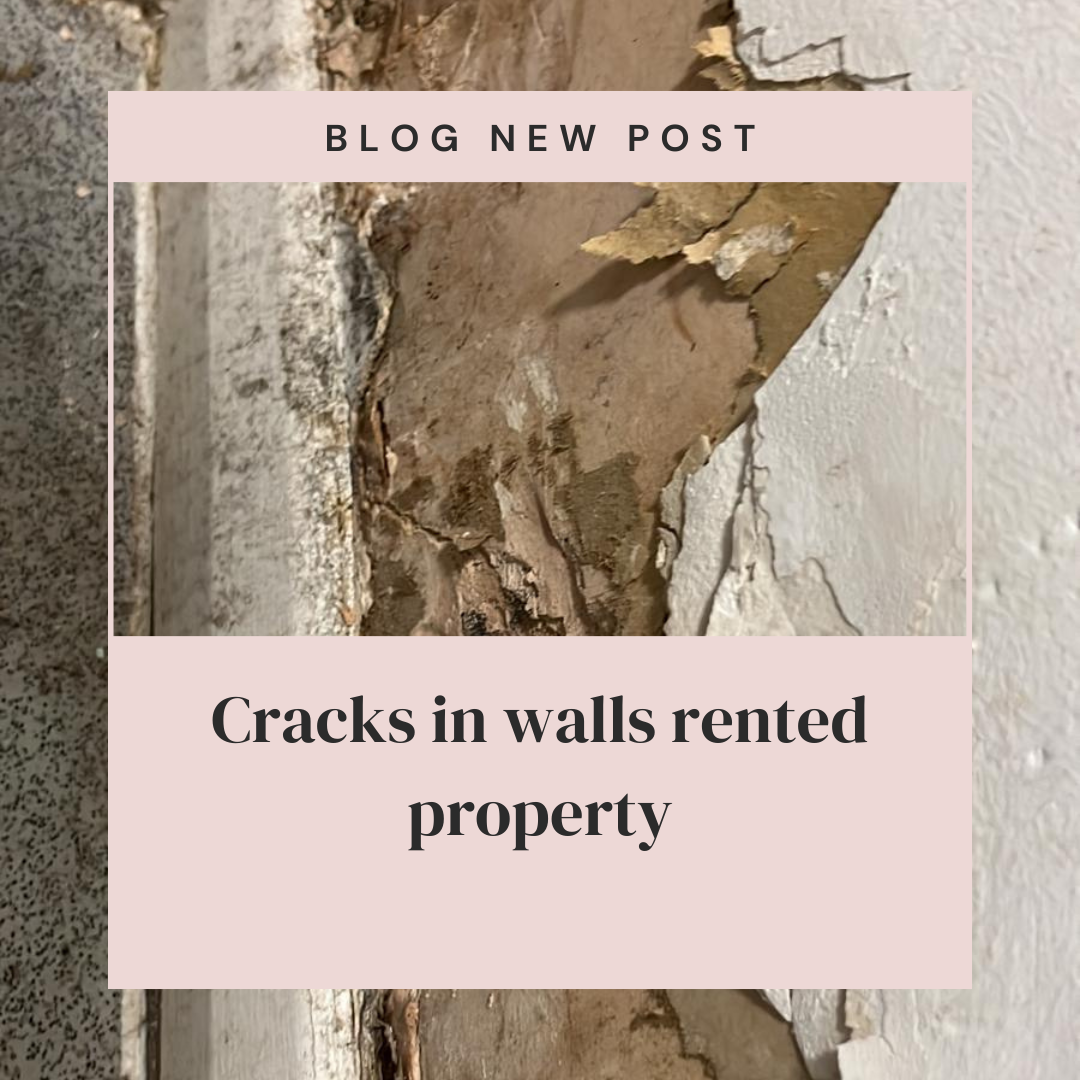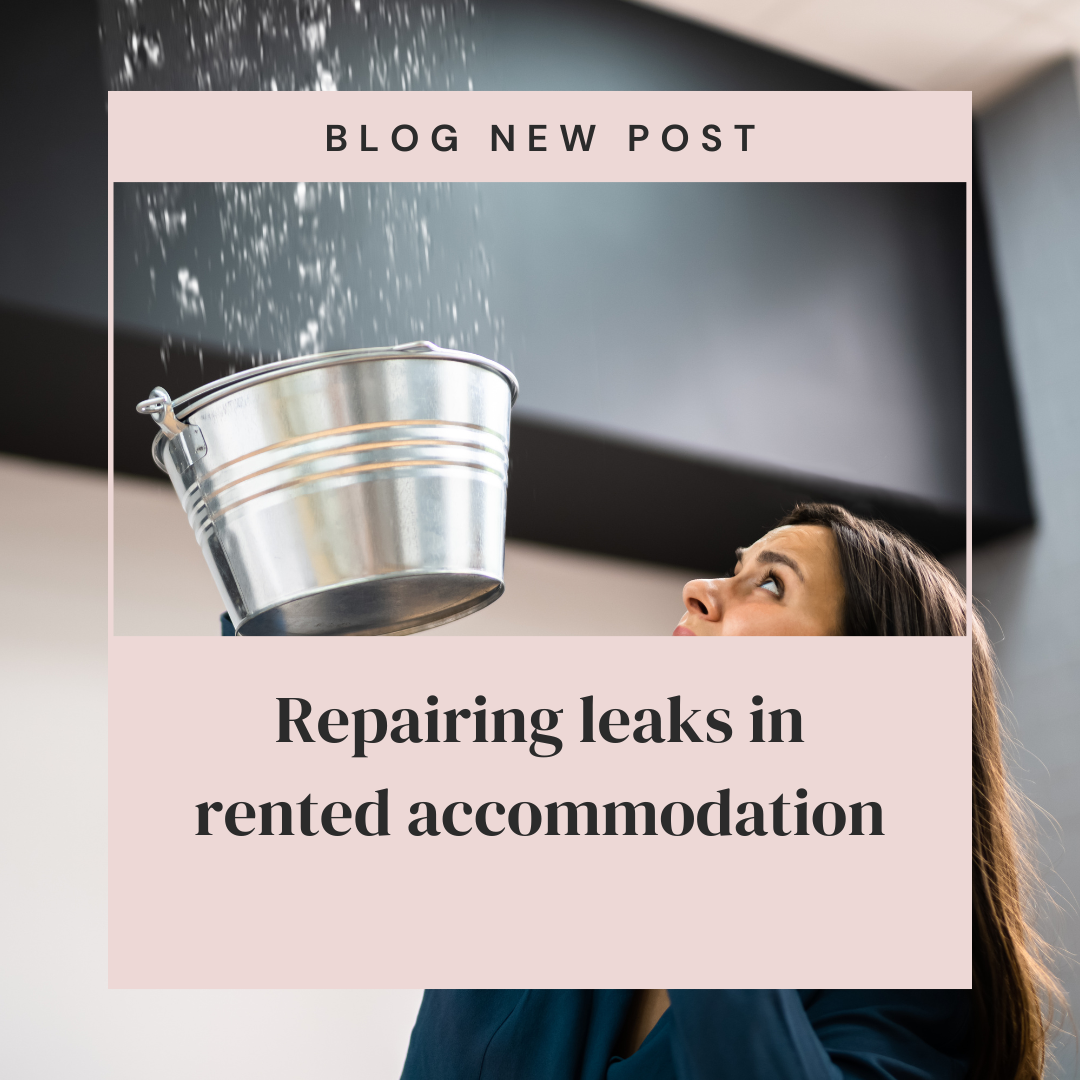Pest infestation in rented property
Are you a tenant in England or Wales grappling with a persistent pest infestation in your rented property? Living with pests not only compromises your comfort but also poses health and safety risks. If your landlord has failed to address the issue in a reasonable timescale, it’s time to take action. At Housing Disrepair Advice, we specialize in assisting council, housing association, and private tenants in making housing disrepair claims to resolve pest infestation issues. In this blog post, we’ll explore the detrimental effects of pest infestation and how our expertise can help you reclaim your living space.
Understanding the Impact of Pest Infestation: Pest infestations can manifest in various forms, including rodents, insects, and vermin, and can have several detrimental effects:
- Health Risks: Pests carry harmful pathogens that can spread diseases, triggering allergies and respiratory issues among occupants.
- Property Damage: Pests can cause damage to structures, furniture, and belongings, resulting in costly repairs and replacements.
- Psychological Distress: Living in a pest-infested environment can cause significant stress, anxiety, and discomfort, impacting tenants’ overall well-being.
- Social Stigma: Pest infestation can carry a social stigma, affecting tenants’ relationships with neighbors and diminishing their quality of life.
Why Make a Housing Disrepair Claim for Pest Infestation:
- Legal Rights: As a tenant, you have the right to live in a property that is free from pests and maintained to a habitable standard. Pursuing a housing disrepair claim asserts these rights and holds landlords accountable for neglecting their responsibilities.
- Health and Safety: Addressing pest infestation is crucial to safeguarding the health and safety of occupants, particularly vulnerable individuals such as children, elderly, and those with compromised immune systems.
- Financial Relief: Making a housing disrepair claim may entitle you to financial compensation for damages, inconvenience, and losses incurred due to the pest infestation, providing relief and assistance in addressing the issue.
- Preventative Measures: Resolving pest infestation issues not only improves current living conditions but also prevents future reoccurrences, ensuring a healthier and more comfortable living environment in the long term.
How Housing Disrepair Advice Can Assist You: At Housing Disrepair Advice, we’re dedicated to helping tenants address pest infestation issues effectively. Here’s how our expertise can benefit you:
- Case Evaluation: Our experienced solicitors assess your case and provide expert advice on the best course of action to address the pest infestation.
- Evidence Gathering: We gather compelling evidence, including pest control reports, photographs, and witness statements, to strengthen your housing disrepair claim.
- Negotiation and Representation: We negotiate with landlords or their representatives to secure timely pest control measures and fair compensation for affected tenants. If necessary, we provide skilled representation in court proceedings.
- Empowerment and Support: Throughout the process, we empower you with knowledge, guidance, and support, ensuring you feel confident and informed every step of the way.
Conclusion: Don’t let pest infestation compromise your health, safety, and well-being. Take control of the situation with Housing Disrepair Advice and make a housing disrepair claim to address the issue effectively. Contact us today to schedule a consultation and reclaim your living space from pest infestation.
housing disrepair claims, housing disrepair solicitors, housing disrepair leeds, housing disrepair services, housing disrepair help, housing disrepair solutions, housing disrepair no win no fee, housing disrepair news, housing disrepair north west, housing disrepair notice, housing disrepair nottingham, housing disrepair solicitors near me, housing disrepair protocol early, notification letter, national housing disrepair, examples of housing disrepair, what is housing disrepair, housing disrepair process, what is a housing disrepair claim, housing disrepair centre, housing disrepair legal services limited, housing disrepair experts, housing disrepair fixed costs, housing disrepair costs, housing disrepair wales, housing disrepair claims uk, housing disrepair gov.uk, housing disrepair protocol uk, housing disrepair rent arrears, rics housing disrepair, veritas housing disrepair, housing disrepair solicitors near me, housing disrepair solicitors liverpool, housing disrepair solicitors london, housing disrepair solicitors manchester, housing disrepair specialists, housing disrepair service, housing disrepair scams, housing disrepair support, housing disrepair solicitors leeds, housing disrepair solicitors birmingham, housing disrepair insurance, house in disrepair, housing disrepair solicitors in manchester, home in disrepair, accommodation in disrepair, housing disrepair team manchester, housing disrepair team liverpool, housing disrepair team london, housing disrepair team leeds, housing disrepair solutions, housing disrepair leeds, housing disrepair process, what is a housing disrepair claim, housing disrepair ombudsman, housing disrepair.org, housing disrepair management, housing disrepair manchester, housing disrepair management company, housing disrepair mould, housing disrepair mediation, housing disrepair management services, housing disrepair team manchester, housing disrepair claims manchester, housing disrepair barrister manchester, housing disrepair claims management, housing disrepair claims meaning, housing disrepair solicitors near me, my housing disrepair, housing disrepair success fee, housing disrepair no win no fee, housing disrepair law, housing disrepair lawyers, housing disrepair line, housing disrepair leeds, housing disrepair limitation period, housing disrepair london, housing disrepair legal services limited, housing disrepair letter of claim, housing disrepair lambeth, housing disrepair practical law, housing disrepair procedure, housing disrepair helpline, housing disrepair hub, housing disrepair help, housing disrepair home, hdr housing disrepair, hyde housing disrepair, what is housing disrepair, what is a housing disrepair claim, housing disrepair compensation, housing disrepair claims uk, housing disrepair claims, housing disrepair claims council, housing disrepair claims reviews, housing disrepair case law, housing disrepair cases, housing disrepair calculator, housing disrepair costs, housing disrepair claim form, housing disrepair claims solicitors, housing disrepair damages, housing disrepair definition, housing disrepair defence, housing disrepair department, housing disrepair directions, housing disrepair disclosure, calculating housing disrepair damages, housing disrepair schedule of special damages, housing disrepair act, housing disrepair association, housing disrepair advice, housing disrepair allocation to track, housing disrepair and personal injury, housing disrepair asthma, housing association disrepair claim, disrepair housing act 2004, housing association disrepair policy, housing and disrepair, housing association disrepair solicitors, housing association disrepair procedure, citizens advice housing repairs, housing disrepair bolton, housing disrepair birmingham, housing disrepair barrister, housing disrepair barrister manchester, housing disrepair barristers london, housing disrepair bond turner, housing disrepair bradford, housing disrepair solicitors birmingham, housing disrepair support bolton, housing disrepair solicitors bradford, housing disrepair solicitors bolton, housing disrepair team bolton, best housing disrepair solicitors, housing disrepair team, housing disrepair solicitors liverpool
Important links
Housing Disrepair Advice: https://housingdisrepairadvice.org/contact
Housing Ombudsman: https://www.housing-ombudsman.org.uk/









